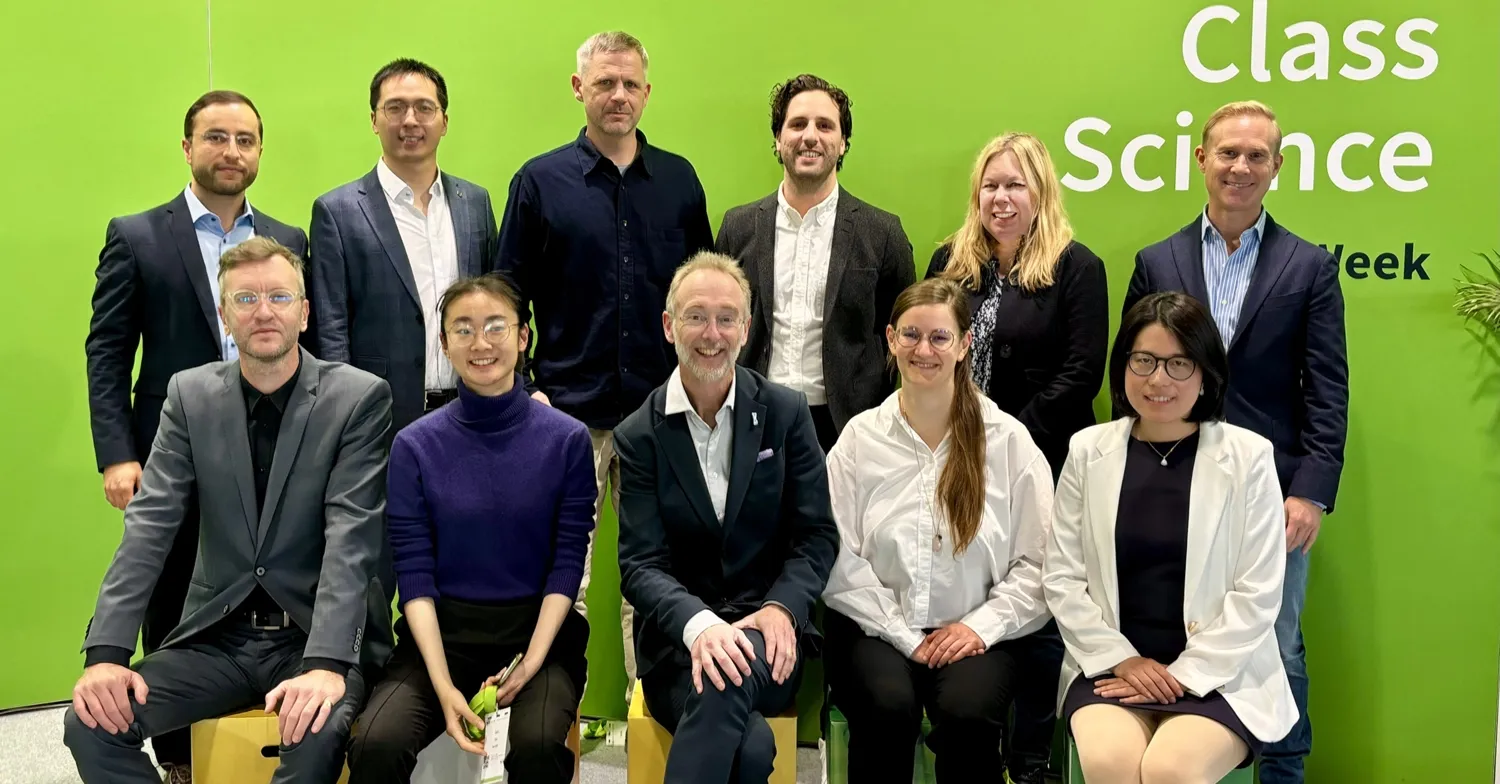Gruppen för gastrointestinal (GI) epidemiologi fokuserar på forskning som rör magtarmsystemet. Det mesta av vår forskning utgår från den så kallade ESPRESSO-studien som du kan läsa mer om under en egen flik på denna sida. Genom att länka patologidata kan vi undersöka en rad tillstånd och sjukdomar inklusive förstadier till cancer brain-gut axis, olika sjukdomsfenotyper etc.
Vår forskning har publicerats i bland annat the New Engl J Medicine, Lancet, JAMA, the BMJ, Annals of Internal Medicine, Gastroenterology och Gut.

